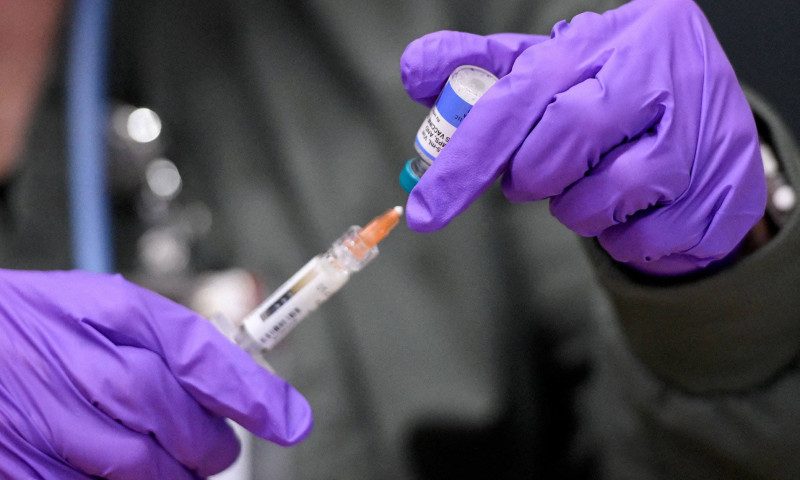The Department of Education has recently made a significant shift in its classification of professional degrees, a move that has sparked considerable debate and concern within the nursing community. Nursing, once considered a professional degree, is no longer included in the department's new definition. This change, part of a broader effort to revise student loan eligibility, has far-reaching implications for nursing students and the healthcare sector at large.
In a recent announcement, the Department of Education proposed a new definition for professional degrees, dramatically reducing the number of programs eligible for federal student loans. The list has been narrowed from approximately 2,000 programs to fewer than 600. The exclusion of nursing from this list is particularly alarming, as it jeopardizes funding for students pursuing careers in healthcare, a field already grappling with workforce shortages.
The American Nurses Association (ANA) has voiced strong opposition to this decision, warning that it could severely impact efforts to bolster and expand the nursing workforce. The ANA argues that excluding nursing from the professional degree classification undermines the recognition of the rigor and complexity of post-baccalaureate nursing education. This decision could make it harder for students to access the financial support they need to complete their studies, potentially driving them away from the profession.
The American Association of Colleges of Nursing (AACN) shares these concerns, highlighting the potential consequences for both students and the broader healthcare system. The AACN notes that the new definition not only limits student loan access but also fails to acknowledge the critical role of graduate-level nursing education in preparing the next generation of healthcare providers.
The Department of Education's decision has also raised questions about the criteria used to define professional degrees. The exclusion of nursing, along with other critical health programs like public health degrees, suggests a narrowing of what constitutes 'professional' in the educational landscape. This move comes at a time when the healthcare sector is already under strain, with many institutions grappling with staffing shortages and increased demand for services.
While the Department of Education has excluded nursing, it has retained other professional degrees such as the DO degree and programs sharing a four-digit Classification of Instructional Programs code with the listed programs. The Department of Education has also added a doctorate in clinical psychology and other doctoral programs to the list. These inclusions and exclusions highlight the complex and sometimes arbitrary nature of the department's decision-making process.
The broader implications of this decision extend beyond individual students and programs. The nursing field is currently facing a significant shortage of professionals, and any further barriers to education and training could exacerbate this issue. As the healthcare sector continues to evolve, it is crucial that educational policies support and encourage the development of a skilled and diverse workforce.
The Department of Education's recent actions underscore the need for a thorough review and potential revision of the criteria used to define professional degrees. The exclusion of nursing from this classification is a worrying development that could have lasting effects on the healthcare sector. As stakeholders continue to advocate for a more inclusive definition, it is essential to consider the broader implications for education, healthcare, and the future of the nursing profession.



